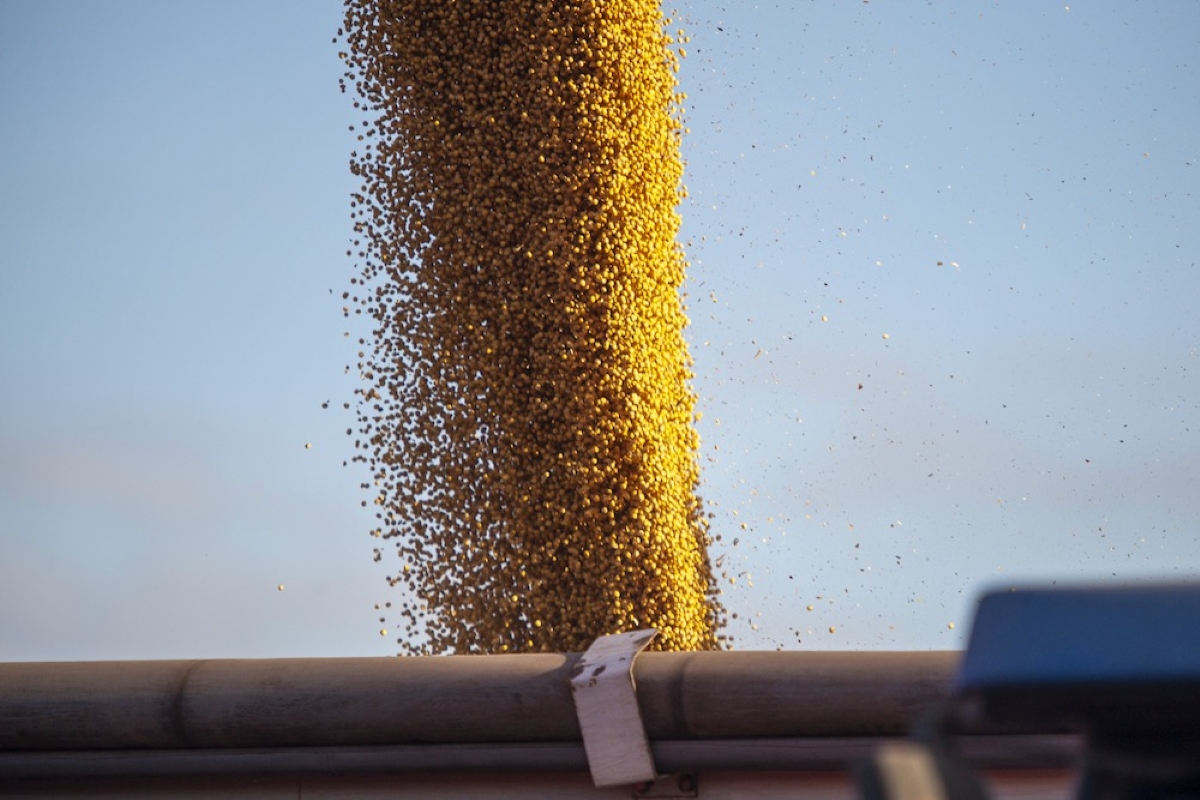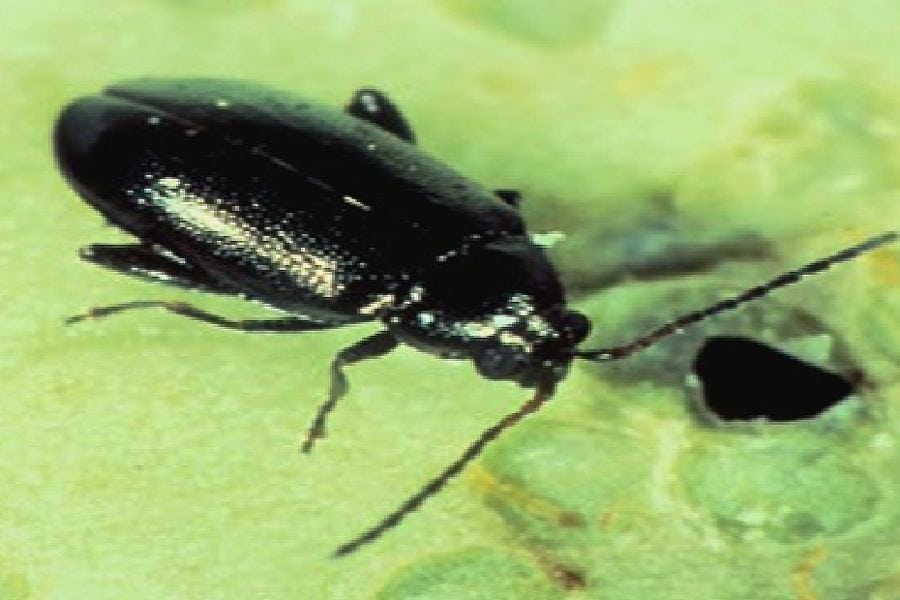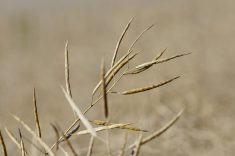CNS Canada — The phasing out of neonicotinoid seed treatments in Canada may cause problems for the country’s canola growers when dealing with flea beetles — but alternatives pesticides could fill the gap.
Health Canada’s Pest Management Regulatory Agency (PMRA) is proposing that two neonicotinoid pesticides, clothianidin and thiamethoxam, be phased out over the next three to five years.
Following special reviews, PMRA found that the pesticides are harmful to aquatic insects which are a major source of food for fish, birds and other animals.
Read Also

Brazil to reap record soy crop in 2025/2026, increase exports
Brazil’s Conab said the country will reap a record soybean crop of 177.6 million tons in the 2025/2026 harvest year, according to data released on Thursday.
The chemicals are widely used as seed treatments for the majority of canola grown in Western Canada. While the impact on bees is often mentioned in discussions on neonics, PMRA itself came out with a proposed decision in 2017 noting that the neonicotinoid seed treatments don’t negatively hurt pollinators, including bees.
“These seed treatments are used on canola to prevent the young plants from being eaten by flea beetles,” said Brian Innes, vice-president of public affairs with the Canola Council of Canada.
“We’re concerned about not having these products will have a significant impact on the canola industry,” said Innes adding “it will mean increased risks and reduced yields.”
It can be very hard to predict when the insect when flea beetles will strike a field and individual fields can be lost in as little as 36 hours, according to Innes. While foliar chemical applications are an option, the small window makes control difficult.
“If we remove the neonicotinoids, it forces people to use other alternatives,” said John Gavloski, extension entomologist with Manitoba Agriculture. There are trade-offs with other pesticides, he said, making it hard to determine the eventual impact on crop production.
Diamides are a group of chemicals that can also be used as a seed treatment against flea beetles, he said. They are not as water-soluble as neonicotinoids — which comes with its own pros and cons.
The lower water solubility of diamides means they are slower to react. However, with neonicotinoids, a rain right after planting can wash away much of the seed treatment, which would not be the case with diamides.
Gavloski said more chemical options were also being researched and should be available for the market soon.
While more tools could take the place of neonicotinoids, “we’re very concerned as a canola industry, because any tool that’s taken away from farmers has a negative impact on their ability to produce canola and manage their risk,” said Innes.
Small impacts on yields could lead to hundreds of millions of dollars of losses in the bigger picture, he said.
There is a 90-day window of comment on the PMRA proposals, and Innes said the Canola Council will review the decision to make sure all of the available information was taken into account.
“We as a canola industry very much value a science-based review process,” he said.
— Phil Franz-Warkentin writes for Commodity News Service Canada, a Glacier FarmMedia company specializing in grain and commodity market reporting. Follow him at @PhilFW on Twitter.















